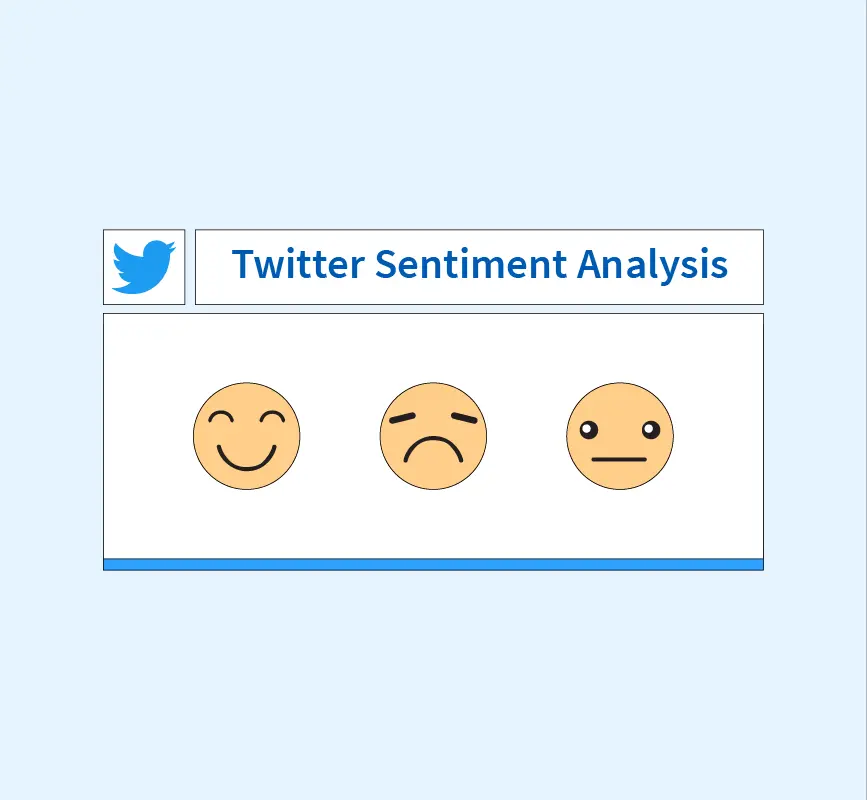Artificial Intelligence (AI) is transforming various industries, with medicine being one of its most impactful domains. By enabling precise diagnostics, personalized treatments, and streamlined operations, AI is revolutionizing medical practices. Its integration into healthcare promises better patient outcomes, increased efficiency, and significant advancements in disease management and prevention.
What is Artificial Intelligence in Medicine?
Artificial Intelligence (AI) in medicine refers to the application of advanced algorithms and machine learning models to analyze complex medical data, assist in diagnostics, and enhance patient care. It integrates computational power with healthcare expertise to address challenges ranging from disease detection to personalized treatment plans.
The evolution of AI in healthcare began with basic tools like electronic health records and simple diagnostic systems. Over time, advancements in machine learning, natural language processing (NLP), and computer vision have enabled AI to support tasks such as interpreting medical imaging, predicting patient outcomes, and automating administrative workflows. AI-powered systems now analyze large datasets to provide actionable insights, improve efficiency, and reduce errors.
Unlike general AI, which seeks to mimic human intelligence across diverse fields, AI in medicine is tailored to specific healthcare needs. It focuses on solving medical problems, improving clinical workflows, and supporting decision-making processes. By bridging gaps in traditional healthcare delivery, AI continues to reshape how medical practitioners diagnose, treat, and monitor diseases, ultimately enhancing the quality of care provided to patients.
How is Artificial Intelligence Used in Medicine?
Artificial Intelligence (AI) is revolutionizing the medical field by automating complex tasks, enhancing diagnostic accuracy, and enabling personalized patient care. Here’s how AI is applied in various aspects of medicine:
Medical Imaging and Diagnostics
AI algorithms analyze medical images, including X-rays, MRIs, and CT scans, with high precision. They detect abnormalities like tumors, fractures, and lesions at an early stage, aiding in timely interventions. For example, AI tools like IBM Watson Imaging assist radiologists in diagnosing diseases such as cancer and heart conditions, often outperforming traditional methods in speed and accuracy.
Predictive Analytics
AI excels in predicting disease outbreaks, patient outcomes, and healthcare trends by analyzing vast datasets. Hospitals use predictive modeling to forecast patient readmissions, enabling preemptive measures and reducing costs. For instance, AI-based tools helped track and predict COVID-19 spread, supporting timely public health responses.
Personalized Treatment Plans
AI tailors treatment plans by analyzing genetic, clinical, and lifestyle data. In precision medicine, AI identifies the most effective therapies for individual patients. For example, tools like IBM Watson for Oncology recommend personalized cancer treatments by synthesizing patient data with clinical guidelines and research studies.
Drug Discovery and Development
AI accelerates the drug discovery process by modeling chemical compounds and predicting their effectiveness. This shortens development cycles and reduces costs. Examples include BenevolentAI and Atomwise, which use AI to identify potential drug candidates, expediting breakthroughs in pharma research.
Virtual Health Assistants
AI-powered virtual assistants and chatbots provide round-the-clock support for patients. They assist in scheduling appointments, answering medical queries, and offering mental health support. Tools like ADA Health and Babylon Health enhance accessibility, particularly in regions with limited healthcare resources.
AI Applications in Medicine
Artificial Intelligence (AI) has emerged as a transformative force across multiple domains of medicine, revolutionizing patient care, research, and education. Here are key areas where AI is making significant contributions:
1. Surgery and Robotics
AI-assisted robotic surgeries are setting new standards for precision, minimal invasiveness, and reduced recovery times. Robotic systems like da Vinci Surgical System enable surgeons to perform complex procedures with enhanced accuracy and control. AI aids in preoperative planning and intraoperative decision-making by analyzing patient data and surgical scenarios in real-time. These technologies minimize human error, improve outcomes, and allow for faster patient recovery.
2. Monitoring and Wearable Devices
Wearable devices powered by AI are revolutionizing health monitoring. Devices like Fitbit, Apple Watch, and other health trackers integrate AI algorithms to monitor metrics such as heart rate, oxygen levels, and sleep patterns. Combined with IoT (Internet of Things), these devices provide continuous, real-time data that helps healthcare professionals predict potential health issues and offer proactive interventions. AI-driven alerts for conditions like arrhythmias exemplify how wearable technology supports preventive care.
3. Mental Health Support
AI is playing a crucial role in diagnosing and managing mental health conditions. AI-powered platforms like Woebot and Wysa provide conversational support, mood tracking, and evidence-based cognitive behavioral therapy (CBT) techniques. These tools help users manage stress, anxiety, and depression in an accessible and non-judgmental manner. Additionally, AI algorithms analyze behavioral patterns to assist clinicians in tailoring mental health treatments, ensuring personalized care.
4. AI in Research and Education
AI accelerates medical research by identifying patterns in massive datasets, streamlining clinical trials, and discovering new treatments. Platforms like DeepMind have demonstrated potential in predicting protein structures, advancing drug discovery. In education, AI-powered tools enable simulation-based training, offering medical students immersive and practical learning experiences. Virtual reality (VR) combined with AI creates realistic training environments, enhancing skills without risk to patients.
From operating rooms to research labs, AI applications are redefining medicine by improving precision, accessibility, and efficiency. These innovations not only benefit patients but also empower healthcare professionals to deliver better care.
Benefits of AI in Medicine
AI is revolutionizing medicine by delivering significant improvements in accuracy, cost-effectiveness, patient outcomes, and accessibility. Here are the key benefits:
1. Increased Accuracy and Efficiency
AI-powered tools significantly reduce human error in diagnostics and treatment. Machine learning algorithms analyze medical images and data with unparalleled precision, often identifying patterns undetectable to human eyes. For example, AI can diagnose cancers or cardiac conditions in early stages through imaging analysis, ensuring timely interventions. Automation in administrative tasks like patient record management also accelerates healthcare workflows, freeing professionals to focus on patient care.
2. Cost Reduction
AI enables healthcare systems to optimize resource utilization. Predictive analysis helps hospitals prevent unnecessary admissions, reducing operational costs. Automated drug discovery accelerates R&D processes, significantly cutting the costs associated with clinical trials. Virtual health assistants and chatbots decrease dependency on human staff for routine consultations, saving time and reducing expenditure while maintaining service quality.
3. Improved Patient Outcomes
Personalized care through AI enhances patient outcomes by tailoring treatments to individual needs. AI leverages genetic, lifestyle, and clinical data to recommend precise treatment plans. Early detection of diseases through AI-driven diagnostics facilitates prompt interventions, increasing survival rates and recovery chances. Continuous monitoring with wearable devices also alerts healthcare providers to potential health issues, ensuring timely preventive care.
4. Enhanced Accessibility
AI bridges gaps in healthcare access, especially in underserved and remote areas. Telemedicine platforms powered by AI provide consultations to patients who lack access to traditional healthcare facilities. AI tools like mobile health apps and wearable devices allow individuals to track their health independently, empowering them to manage chronic conditions. Additionally, language translation tools help break down communication barriers, ensuring equitable care delivery.
Challenges and Ethical Considerations
The integration of AI in medicine, while transformative, brings notable challenges and ethical considerations:
Data Privacy Concerns
AI relies on large volumes of sensitive patient data for effective performance. Ensuring data privacy and maintaining patient confidentiality are critical. Breaches or misuse of healthcare data could have severe consequences, necessitating stringent security measures and compliance with regulations like GDPR and HIPAA.
Balancing AI Adoption with Human Oversight
AI should complement, not replace, human expertise. Over-reliance on AI for critical decisions could lead to errors in unforeseen scenarios. Physicians must remain central in interpreting AI outputs and making informed judgments, ensuring patient safety.
Addressing Bias in AI Algorithms
Bias in AI algorithms can result in inequitable care, disproportionately affecting marginalized groups. For example, training data that lacks diversity can lead to diagnostic inaccuracies for certain demographics. Addressing these biases requires diverse datasets and inclusive development practices to ensure fairness in AI-driven healthcare.
Conclusion
AI has immense potential to revolutionize medicine, enhancing diagnostics, treatment, and patient outcomes. However, it serves as a powerful tool to complement human expertise rather than replace it. Responsible integration, addressing challenges like data privacy and algorithmic bias, is essential to maximize its benefits. By embracing AI thoughtfully, the medical field can achieve more equitable, efficient, and impactful healthcare outcomes.
References:


